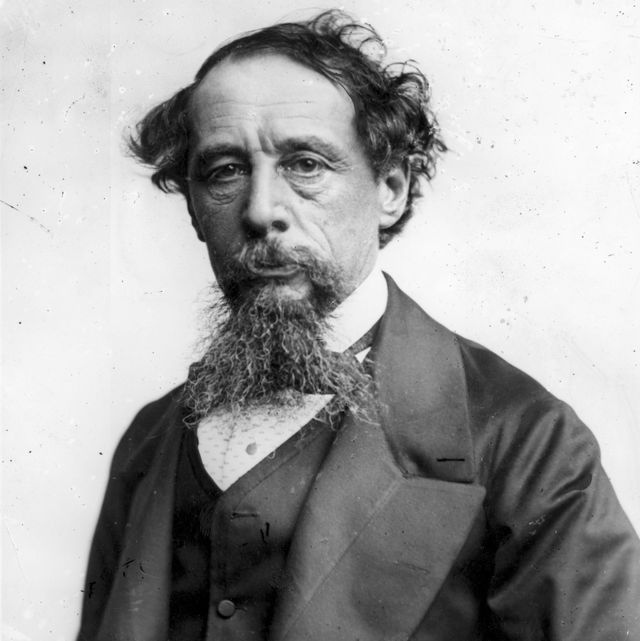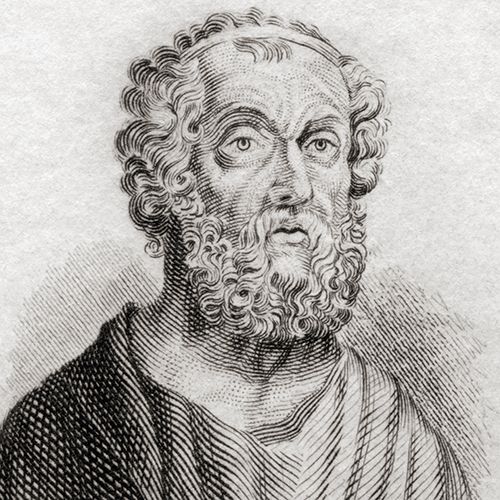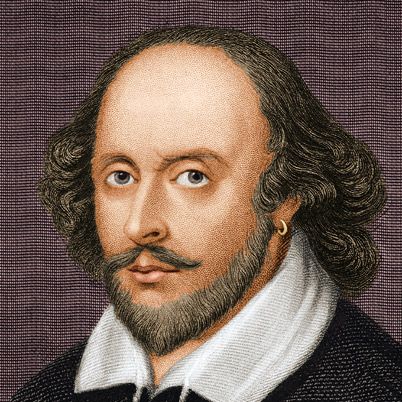Books have immense power to shape ideas, inspire intense thought, and remain ageless throughout several generations. Still, amid the several voices in literary history only a few reach to be the best writers of all time. These are amazing storytellers, who are And what sets them out most? Great influence, great literary impact, obvious cultural value, and ongoing appeal that captivate readers year after year define top ten best writers of all time. Arranging the top authors calls for somewhat careful influence. Not only produced stories but also had long-lasting effects on society, started movements, and changed whole genres. Following their command of language, tale, and inventiveness expanding what literature might do, literary influence comes next. By displaying obstacles, achievements, and ideas spanning boundaries and decades, thereby transcending their personal experience, their paintings link them to the human experience. At least, ongoing popularity ensures that long after their time, their works, plays, or poetry will remain appreciated, read, and discussed. From Austen’s keen social criticism to Shakespeare’s poetic genius, these writers created masterpieces above simple entertainment value. Consider Dickens, whose vividly colored characters reflect society, or Tolstoy, whose epic stories challenge the most important issues of life. Combining these elements, the top ten best writers of all time assure their legacy as literary giants whose books still inspire and last.
The Top Ten Best Authors Of All Time
10. Gabriel Garcia Marques

- Life and Career: Born in 1927 in Colombia, died in 2014, Garcia Marques was a journalist and novelist who became a central figure in Latin American literature. His works often blend reality with fantasy, a style known as magical realism.
- Notable Works: “One Hundred Years of Solitude” (1967), “Love in the Time of Cholera” (1985), “The General in His Labyrinth” (1989).
- Style and Themes: His narratives explore human nature, history, and societal issues through a lens of magical realism, creating vivid, dreamlike worlds.
- Significance: Awarded the Nobel Prize in Literature in 1982, his works have influenced global literature, particularly in exploring postcolonial themes and human compassion.
- Impact: His novel “One Hundred Years of Solitude” is a cornerstone of Latin American literature, translated into numerous languages and studied worldwide.
9. Virginia Woolf
- Life and Career: Born in 1882 in England, died in 1941, Woolf was a key modernist writer and feminist, part of the Bloomsbury Group, which included intellectuals like E.M. Forster.
- Notable Works: “Mrs. Dalloway” (1925), “To the Lighthouse” (1927), “A Room of One’s Own” (1929), “Orlando” (1928).
- Style and Themes: Known for stream-of-consciousness, her works delve into the inner lives of characters, exploring gender, mental health, and time.
- Significance: Her innovative narrative techniques influenced modernist literature, and her feminist essays, like “A Room of One’s Own,” remain influential in gender studies.
- Impact: Woolf’s works are studied in literature courses globally, with adaptations like the film “The Hours” (2002) based on her life and works.
8. Mark Twain

- Life and Career: Born in 1835 in the USA, died in 1910, Samuel Langhorne Clemens used the pen name Mark Twain, working as a riverboat pilot, journalist, and humorist.
- Notable Works: “The Adventures of Tom Sawyer” (1876), “Adventures of Huckleberry Finn” (1884), “The Prince and the Pauper” (1881).
- Style and Themes: His writing combines realism with humor, satirizing American society, particularly slavery and social inequality.
- Significance: “Huckleberry Finn” is often called the “Great American Novel,” capturing the spirit of 19th-century America and influencing American literature.
- Impact: Twain’s works are staples in education, with adaptations like films and stage plays, and his wit continues to resonate in popular culture.
7. James Joyce
- Life and Career: Born in 1882 in Ireland, died in 1941, Joyce was an Irish modernist whose works are known for their complexity and innovation.
- Notable Works: “Ulysses” (1922), “A Portrait of the Artist as a Young Man” (1916), “Finnegans Wake” (1939).
- Style and Themes: His use of stream-of-consciousness and experimental structures explores identity, religion, and Irish culture, often challenging readers.
- Significance: “Ulysses” is frequently cited as one of the greatest novels, influencing modernist and postmodern literature with its narrative techniques.
- Impact: Joyce’s works are central to literary studies, with “Ulysses” inspiring countless analyses and adaptations, despite initial controversy over censorship.
6. Charles Dickens

- Life and Career: Born in 1812 in England, died in 1870, Dickens was a Victorian novelist known for serializing his works in magazines, building a large readership.
- Notable Works: “Oliver Twist” (1838), “A Christmas Carol” (1843), “Great Expectations” (1860), “David Copperfield” (1850).
- Style and Themes: His realistic style depicted social inequalities, poverty, and urban life, with memorable characters like Ebenezer Scrooge.
- Significance: Dickens’s critiques of Victorian society influenced social reform, and his works remain popular, adapted into films, TV, and theater.
- Impact: His novels are studied globally, with “A Christmas Carol” becoming a cultural staple, especially during the holiday season.
5. Jane Austen
- Life and Career: Born in 1775 in England, died in 1817, Austen published her novels anonymously, focusing on middle-class life in early 19th-century England.
- Notable Works: “Pride and Prejudice” (1813), “Emma” (1815), “Sense and Sensibility” (1811), “Persuasion” (1818).
- Style and Themes: Her witty, romantic comedies explore love, class, and gender, with sharp social commentary.
- Significance: Austen’s work is pivotal in the development of the modern novel, influencing writers like the Brontës and George Eliot.
- Impact: Her novels are adapted into numerous films and TV series, with “Pride and Prejudice” remaining a beloved classic, studied in literature courses.
4. Homer

- Life and Career: Estimated to have lived in the 8th or 7th century BCE, Homer is a legendary figure, possibly a poet or a compilation of oral traditions, from ancient Greece.
- Notable Works: “The Iliad,” “The Odyssey.”
- Style and Themes: His epics use dactylic hexameter, exploring heroism, fate, and the human condition, with gods and mortals interacting.
- Significance: Homer’s works are foundational to Western literature, influencing epic poetry, drama, and philosophy, studied for millennia.
- Impact: “The Iliad” and “The Odyssey” are taught in schools worldwide, with adaptations in literature, film, and opera, like the movie “Troy” (2004).
3. Fyodor Dostoevsky
:max_bytes(150000):strip_icc()/GettyImages-961442608-68a9f6aaa0ef455890f2a95b4357941c.jpg)
- Life and Career: Born in 1821 in Russia, died in 1881, Dostoevsky was a novelist and philosopher, known for his psychological depth and moral explorations.
- Notable Works: “Crime and Punishment” (1866), “The Brothers Karamazov” (1880), “Notes from Underground” (1864).
- Style and Themes: His realistic style delves into human psychology, exploring themes like redemption, suffering, and existentialism.
- Significance: His works are considered among the greatest in world literature, influencing philosophy and psychology, with “The Brothers Karamazov” often ranked highly.
- Impact: Dostoevsky’s novels are studied globally, with adaptations like films and stage plays, and his ideas resonate in modern literature and thought.
2. Leo Tolstoy
:max_bytes(150000):strip_icc()/GettyImages-3088579-ba5869cf16484fb3a31edb588a63d187.jpg)
- Life and Career: Born in 1828 in Russia, died in 1910, Tolstoy was a novelist and philosopher, known for his realistic and epic narratives.
- Notable Works: “War and Peace” (1869), “Anna Karenina” (1877), “Resurrection” (1899).
- Style and Themes: His realistic style captures detailed human experiences, exploring love, war, and morality, with philosophical undertones.
- Significance: Tolstoy is often ranked among the greatest novelists, with “War and Peace” considered an epic masterpiece, influencing global literature.
- Impact: His works are studied and adapted worldwide, with films like “Anna Karenina” (2012) and his ideas influencing writers like Gandhi.
1. William Shakespeare

- Life and Career: Born in 1564 in England, died in 1616, Shakespeare was a playwright, poet, and actor, working in London’s theater scene.
- Notable Works: “Hamlet,” “Macbeth,” “Romeo and Juliet,” “King Lear,” “Sonnet 18.”
- Style and Themes: His plays and poems explore universal themes like love, power, and mortality, with poetic language and complex characters.
- Significance: Widely regarded as the greatest writer in English, his works are performed globally, influencing literature, theater, and film.
- Impact: Shakespeare’s plays are studied in schools, with adaptations like “10 Things I Hate About You” (1999) based on “The Taming of the Shrew,” and his language shapes modern English.

